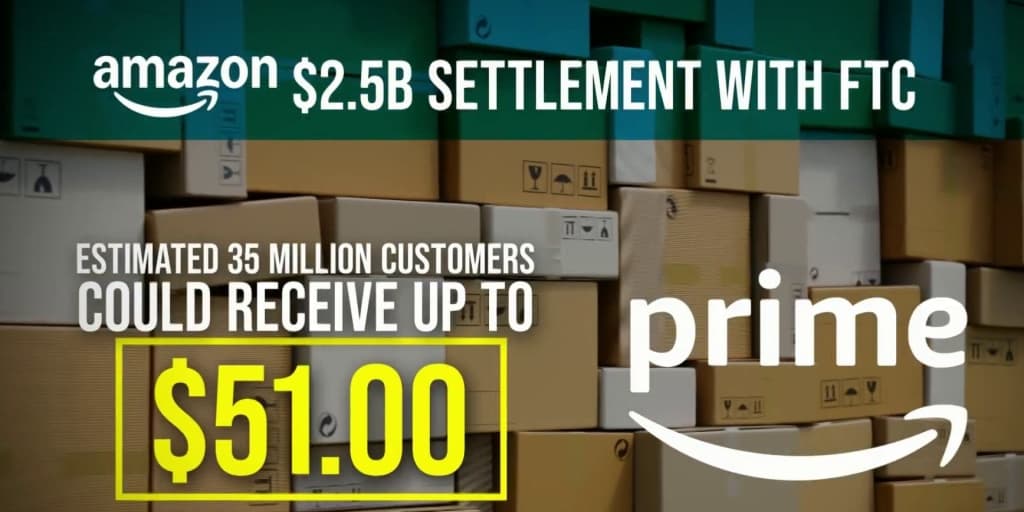FTC Secures $1.5 Billion in Consumer Refunds in Amazon Settlement, Sparking Policy Debate

Federal Trade Commission (FTC) Commissioner Mark Meador recently highlighted a shift in enforcement priorities, noting that the Trump Administration has prioritized returning funds directly to consumers over prolonged litigation. This statement comes amidst the FTC's historic $2.5 billion settlement with Amazon over allegations of deceptive Prime subscription practices, which includes $1.5 billion earmarked for consumer refunds. The settlement, announced after a trial had begun, resolves claims that Amazon enrolled millions in Prime without consent and made cancellations difficult.
Commissioner Meador, appointed to the FTC in April 2025 by President Trump, has a background in antitrust law, having served in the FTC's Bureau of Competition and the Department of Justice's Antitrust Division. He is known as a pro-enforcement, populist Republican with a critical stance on Big Tech. His tweet, posted on social media, stated, "Former FTC Dems are mad that, instead of making taxpayers fund further litigation just to spite corporate executives, the Trump Administration prioritized putting money back in the pockets of injured consumers."
The recent Amazon settlement exemplifies this approach, with FTC Chairman Andrew Ferguson of the "Trump-Vance FTC" calling it a "record-breaking, monumental win" for consumers. The agreement includes a $1 billion civil penalty and $1.5 billion in consumer redress, providing relief for an estimated 35 million individuals impacted by unwanted Prime enrollment or deferred cancellation. This marks the second-highest restitution award ever obtained by FTC action.
While the lawsuit was initially filed under the Biden administration in June 2023, its resolution under the current administration underscores a strategic pivot. The settlement requires Amazon to cease unlawful enrollment and cancellation practices, implement clearer disclosures, and establish an easier cancellation process. A White House official dismissed allegations that the Trump administration pressured the FTC to settle, emphasizing the significance of the consumer redress.
This focus on direct consumer refunds, even in cases initiated by previous administrations, signals a clear direction for the FTC under its current leadership. The approach aims to provide tangible financial relief to affected individuals, potentially streamlining the enforcement process by opting for settlements that secure immediate restitution rather than extended legal battles.